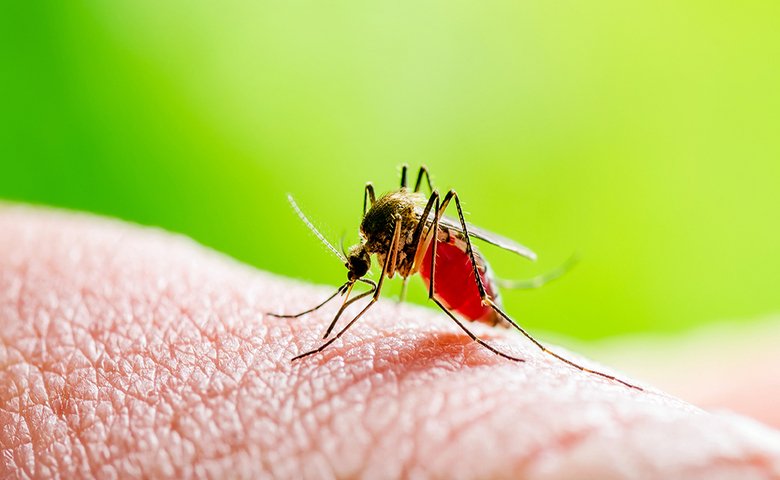The disease of dengue can afflict persons of any gender or age group without discrimination. It is a significant issue for public health in many tropical and subtropical nations. The illness is also known as “break-bone fever,” primarily due to the tremendous pain it may bring on. In dengue, platelet count decreases badly therefore people are always worried to know about why do platelets decrease in dengue fever. A bad headache, fever, pain in the eyes and joints, pain in the muscles and bones, rash, and exhaustion are among the frequent symptoms of dengue. On its own, it normally gets better, but rarely it can be fatal. So you should know, why do platelets decrease in dengue fever.
A virus called dengue fever is spread by day-biting mosquitoes and can be fatal if not treated promptly and effectively. Serious side effects include hemorrhagic fever and a sharp drop in platelet count can result from it. The conditions of dengue patients become worse every day. Lack of platelets puts the patient at risk of dying. Here, we are exploring the reasons in detail, why do platelets decrease in dengue fever.
Table of Contents
Platelets
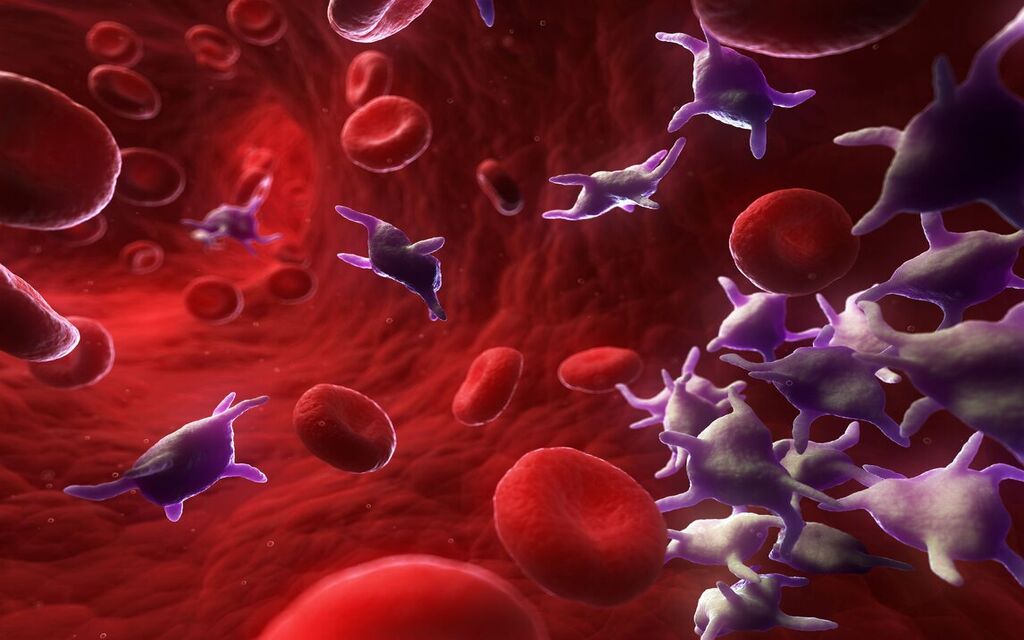
Small blood cells known as platelets are often located in the bone marrow. The body’s decreased ability to fight illnesses is indicated by the absence of platelets. Thrombocytopenia is the name for this low platelet count condition.
Blood contains a lot of platelets, which form blood clots to aid in healing and stop bleeding. The quantity of platelets in the blood is then known as the platelet count. A healthy platelet count falls between 150,000 and 350,000. However, the platelet count begins to rapidly decline during dengue.
Effects of Low Platelets on Dengue Fever
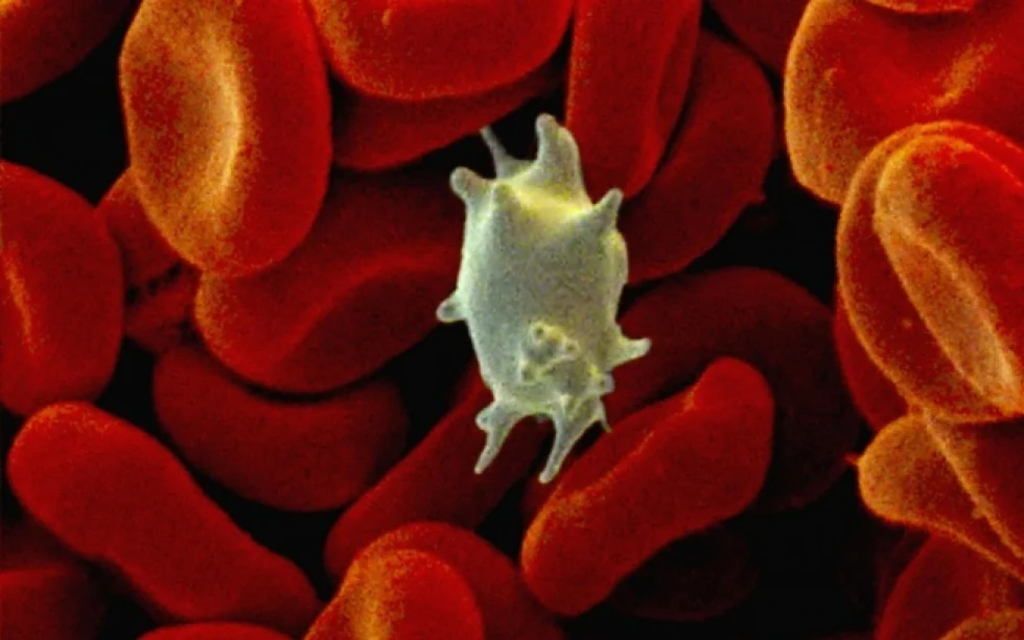
Blood cells called platelets aid in blood coagulation. The absence of them might cause symptoms like weariness, easy bruising, and bleeding gums. The term thrombocytopenia is also used in medical terminology.
It is a disease spread by mosquitoes that can weaken blood clotting and cause blood clots. The patient’s capillaries are where these blood clots typically develop. They occasionally can also develop outside of blood vessels and obstruct blood flow to other bodily parts. These blood clots have the potential to make the patient feel dizzy and lead to other serious consequences.
A virus that invades and harms the body’s platelets, which are little cell fragments that aid in blood clotting, is the root cause of this severe medical illness. Because the virus that damages platelets mostly affects the sufferer’s blood cells, dengue, or break-bone fever, lowers platelet counts.
One of the reasons for death from dengue fever is blood damage. One of the main causes of blood loss in dengue is a dramatic drop in platelet count; as a result, the disease is also known as hemorrhagic fever. Additionally, platelets are a sort of cell that aids in stopping bleeding and helps the blood to coagulate when it is wounded.
Reasons Why Platelets Drop in Dengue?
Here, you will find the reasons why do platelets decrease in dengue fever:
As a result of the bone marrow becoming suppressed, platelet production declines.
Platelets are harmed by blood cells that have been exposed to the dengue virus.
During this period, antibodies were produced, and they greatly damaged platelets.
Symptoms of Dengue Fever
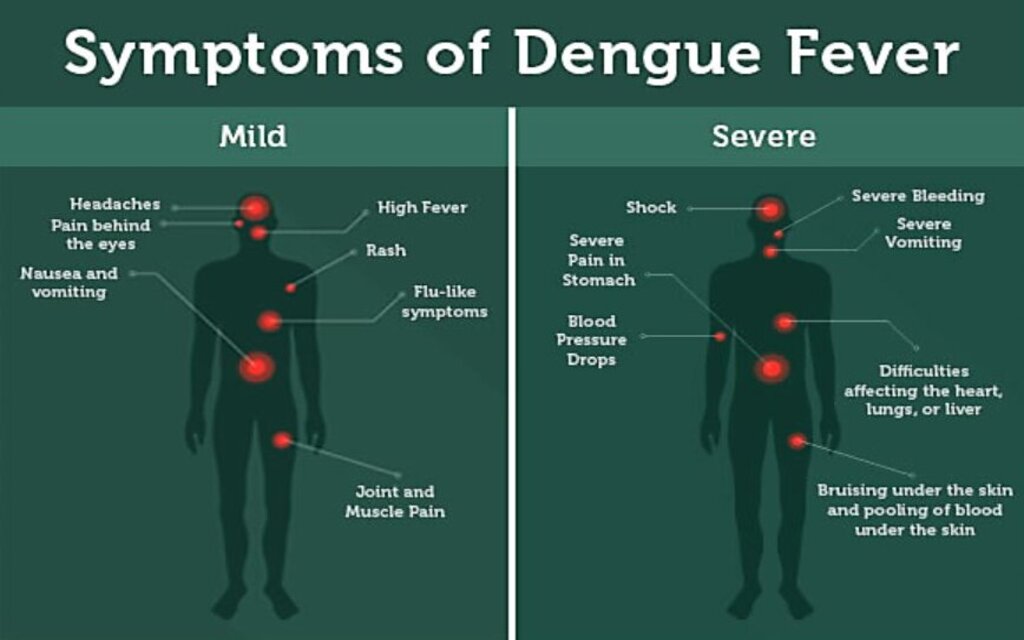
Fatigue, muscle aches, nausea, and headaches are side effects of dengue fever. When platelets are low, these symptoms can be treated with medication, but they should never be disregarded. Occasionally, if the situation is severe, the platelet count may suddenly plummet. In patients with dengue, its absence can result in the patient’s mortality.
Find out whether you have dengue if you experience symptoms including headache, muscle discomfort, aching joints, headache, itchy eyes, skin rashes, and weakness.
Severe Dengue
Both adults and children can develop severe dengue, which can be fatal. Both adults and children can get severe dengue, which poses a life-threatening risk. Children are most at risk.
Initial signs of severe dengue include the usual dengue symptoms, including fever, severe headache, aches and pains, loss of appetite, nausea, vomiting, skin rashes, and leukopenia (reduction in white blood cells).
The Symptoms of Severe Dengue
The patient may exhibit the warning indications of severe dengue after several days, often 3-7 days following the onset of symptoms. severe skin bleeding with petechiae (small blood spots) and huge blood patches under the skin (ecchymoses). These warning indicators, which are normally present when the temperature drops below 38 degrees Celsius, include:
- intense stomach pain
- quickly breathing
- continual vomiting
- Vomiting blood
- fluid retention within the body
- mucosal bleeding (nose, gums)
- an enlarged liver
- Quickly declining platelet count
- Sleepy and restless
- black stools
- blood in the urine (hematuria)
- severe leaking of blood plasma
- discomfort in the lungs
- liver, heart, or other organs are damaged
- mental state with impaired consciousness
Treatment for Severe Dengue
Severe dengue has no recognized treatment. It may be necessary to treat a patient with this kind of dengue fever in an intensive care unit (ICU). The following are some of the treatments that will concentrate on the symptoms:
- Transfusion of platelets and blood
- intravenous hydration fluids
- if oxygen levels are low, oxygen treatment
Even from severe dengue, a patient can recover with proper care and treatment.
How to Increase Platelets Count in Dengue
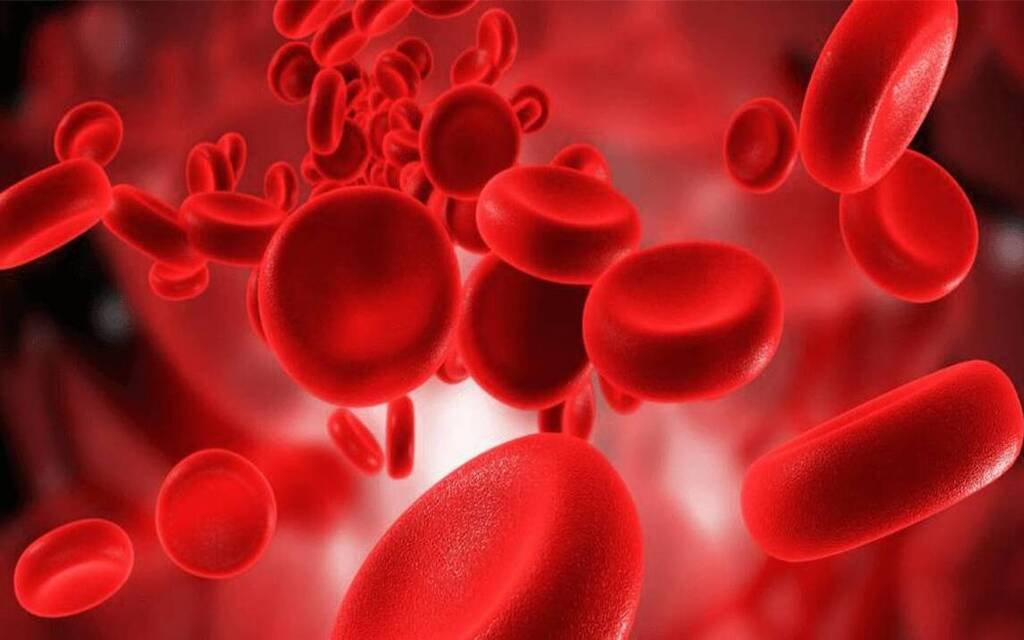
After learning about why do platelets decrease in dengue fever, we will now discuss about how to increase platelet count in dengue.
A high and stable platelets count in your body is crucial for optimal health. By drinking natural resources like coconut water, you can stay hydrated. Additionally, as they are among the finest ways to increase the number of blood platelets in your body, make sure you continue to consume fruits, salads, and oatmeal on a daily basis.
Your immunity and strength begin to decline as soon as your body’s platelet count falls below the typical range. Dehydration and the ongoing suppression of bones are to blame. We’ve listed some of the greatest foods to eat during dengue to keep your platelet count up as a service to you.
Regular blood transfusions might increase the platelet count in a dengue patient. In addition, eating meals that promote recovery might raise the platelet count. This includes foods high in iron, omega-3 fatty acids, fruits, green leafy vegetables, papaya leaf extract, vitamins C, K, and B-12, as well as associated supplements.
The following foods are typically suggested by medical practitioners to dengue patients:
- Mangoes, pineapple,
- Cauliflower, broccoli, tomato,
- red & green bell peppers
- Lentils, pumpkin seeds
- Dairy products
- Eggs, clams & mussels
- A bowl of pomegranate
- Spinach and chicken soup
- strawberries and blueberries
- Two Kiwis per day
- Consume one-fourth papaya per day
- One glass of coconut water per day
- A cup of Goat milk per day
Foods to Increase Platelets Count in Dengue

For rehabilitation and regaining your general health, a healthy diet is crucial. Your body’s natural ability to produce more platelets can be enhanced by including specific foods and supplements in your diet on a regular basis. This includes:
Foods high in vitamin B12
Vitamin B12 supports the health of blood cells. Milk, cheese, eggs, beef/beef liver, and fish all contain vitamin B-12 (such as salmon, tuna, clams, and trout).
Foods high in vitamin C
Vitamin C aids in the absorption of iron, which raises the platelet count. Oranges, kiwi, grape, and strawberry fruits and vegetables, broccoli, red and green bell peppers, and Brussels sprouts all contain it.
Foods high in vitamin D
Vitamin D is necessary for the bone marrow cells that make platelets and other blood cells to operate. Sunlight is the main source of it. Fish liver oils, eggs, fortified milk and yogurt, fatty fish (such as tuna, mackerel, and salmon), orange juice, fortified morning cereals, and other foods all contain vitamin D.
Foods high in vitamin K
Vitamin K aids in blood coagulation. Broccoli, pumpkin, soybeans or their oil, and leafy vegetables including kale, turnip greens, spinach, and collards are some of its food sources.
Foods high in Iron
For the body to produce blood cells, iron is necessary. Beef liver, dark chocolate, lentils, oysters, white and kidney beans, tofu, and fortified morning cereals are a few examples of foods that contain them.
Folic acid Rich Foods
The B vitamin folate is crucial for the formation of blood cells. Folic acid is another name for it. Increase your consumption of foods like beef liver, peanuts, kidney beans, breakfast cereals, orange juice, etc. to achieve this.
Prevention of Dengue
An infected mosquito bite is how dengue is transmitted. The best approach to protect oneself from disease is to avoid being bitten by mosquitoes by using insect repellent, dressing appropriately, and seeking medical attention.
People typically aim to boost their platelet counts during a dengue fever season in order to have a greater chance of warding off the infection. Increase your intake of foods high in omega-3, vitamins, iron, and other minerals in order to do this. These meals can boost platelet counts in dengue patients and aid in the fight against antibodies. You can also include spinach and leafy greens in your meals.
Conclusion:
A virus is the cause of the illness of dengue. Mosquitoes are the main vectors for the propagation of this virus. You may probably experience symptoms of dengue fever three to seven days after being bitten by an infected mosquito. The majority of dengue cases don’t end in death. To be on the safe side, you might however seek medical counsel as soon as you can. Most folks fully recover. However, the illness can sometimes prove fatal. Any indications or symptoms of dengue fever should be treated seriously, and a diagnostic test should be performed as soon as possible for an accurate diagnosis and follow-up care.
Image credit: Yandex.com
Also Read: Top Foods to Recover from Dengue Very Fast

